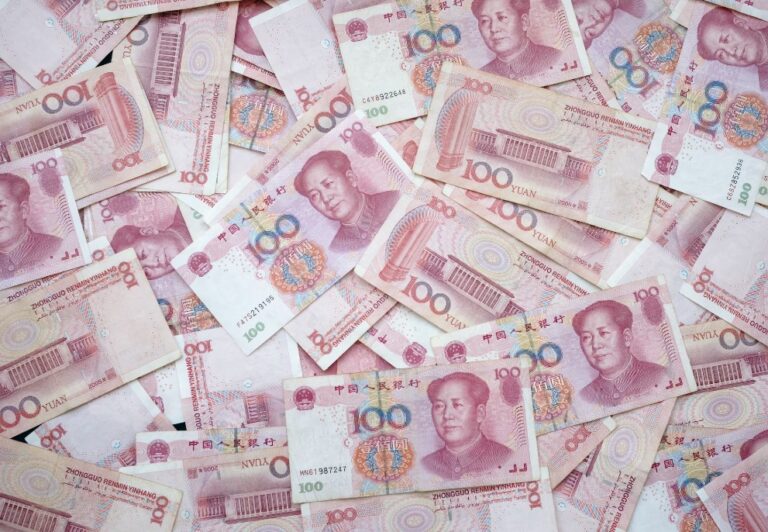In recent months, the entire world economy has been shaken by a series of events originating in the People’s Republic of China. The China Evergrande financial crisis has raised concerns similar to those surrounding the collapse of Lehman Brothers in 2008.
But the danger goes beyond the real estate sector. Zhongrong International Trust’s financial difficulties have joined the mix, increasing investor uncertainty. In addition, the challenges plaguing real estate giants such as Country Garden and Evergrande are likely to have lasting impacts on the Chinese and global economies.
While China appears to be moving at a slow pace, growing concerns include the falling yuan, shrinking exports and domestic demand, and slowing foreign direct investment. All of this could plunge China into what is commonly referred to as the “liquidity trap.” Let us now examine these economic challenges in more detail.
Table of Contents
China and the liquidity trap
China Evergrande is in a critical situation, unable to honor bonds and guarantees totaling $31.7 billion. So much so that it had to resort to Chapter 15 of the U.S. Bankruptcy Act.
This move sent a chill through global markets, as it occurred unexpectedly. However, it seems that executives have realized that a peaceful agreement may be a mirage, even with debt deferrals.
This problem is further complicated by the stagnant state of China’s real estate market, which is putting at risk the banks that financed the housing companies and the investors who bought the debt.
Economist’s appeal
Cai Fang, economist at the Central Bank of China, has made a call for drastic measures, including a massive injection of $550 billion into the economy, in order to combat deflation and encourage households not to downsize their plans.
This call to action suggests that China may face a challenge similar to that faced by the U.S. Treasury in 2008 after the collapse of Lehman Brothers.
Domestic economic stresses are clearly emerging, with Country Garden beginning to miss payments on bonds. The situation is also reflected in the financial markets, with stocks such as Sinopharm Group being removed from the Hong Kong Hang Seng Index.
The debt supercycle
According to economist Kenneth Rogoff, China is trapped in a dangerous “debt supercycle,” similar to the one that hit the United States in 2008 and Europe in 2010. This cycle of debt accumulation could have painful consequences globally, according to his forecast.
China has propped up its economy by fueling debt-driven growth, but now it looks like the bills are coming home. This problem comes on top of a slowdown in exports due to deglobalization and unfavorable demographic factors.
Secular stagnation and inflation
Again Rogoff argues that the debt supercycle theory is replacing the secular stagnation theory, with significant implications for the world economy.
He also stresses concern about “core” inflation, which does not take energy into account but affects everything else in the economy. Investors should not expect an immediate reduction in interest rates, which could impact already unstable global markets complicated by the ongoing persistent war.
In conclusion, China is currently going through a series of economic challenges that could have significant repercussions on the global economy. As was already foreshadowed in 2021 with the collapse of China Evergrande that was reminiscent, even then, of the Lehman Brothers case.
Now, as China tries to contain the China Evergrande crisis and its aftermath, the world is holding its breath. Aware of the potential domino effect that could shake international financial markets.
Read also: All the plans of Australia and Korea to challenge China on metals












